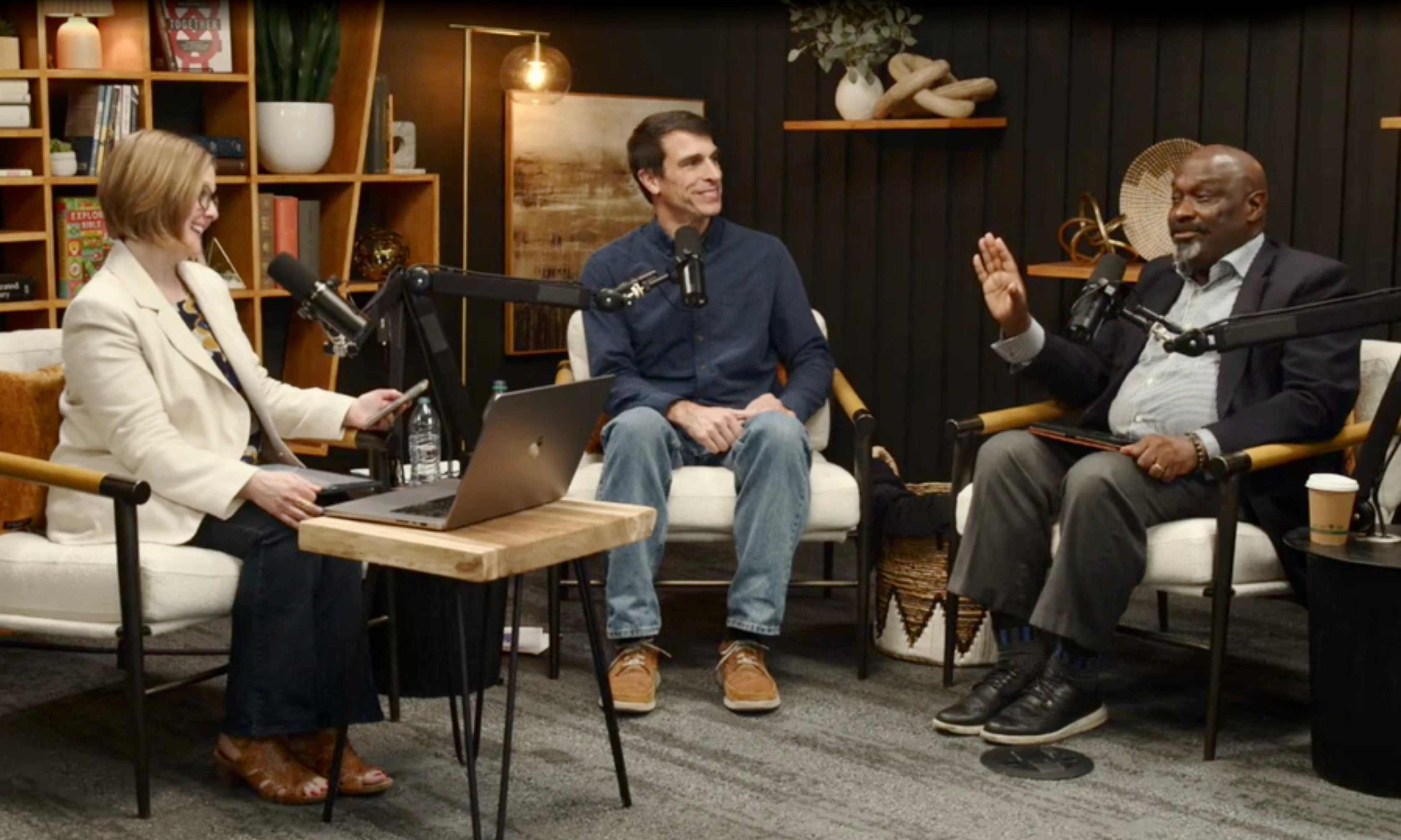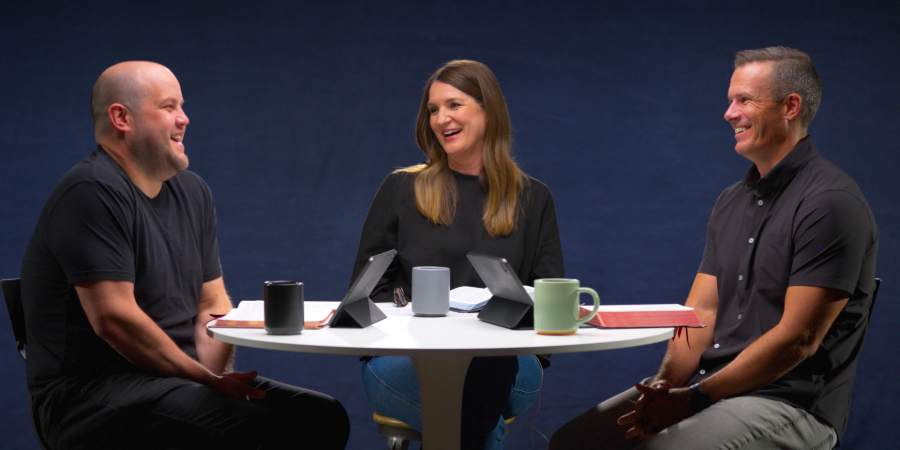
Helpful articles to enrich your Christian walk.
Sermons
- Lifeway Pastors
- Lifeway Pastors
Recent
Discover the meaning of imago Dei—being made in the image of God—and explore how it shapes your identity, purpose, and transformation in Christ.
June 13, 2025
Read how a small group of strangers on the internet became a movement—an entire community around the world who read the Bible together every day. This is their story, the story of She Reads Truth.
June 12, 2025
- Olivia Thames
Discover how faith, prayer, and community rebuild lives in a world where many feel spiritually lost and disconnected from purpose. This is an excerpt from "Preaching in a Post-Truth World."
June 12, 2025
Explore Lifeway's insights on addressing church challenges, including evangelism, apathy, discipleship, engaging the next generation, and promoting pastor well-being, with practical strategies for thriving ministries.
June 12, 2025
Explore the Bible Kids helps your kids and preschoolers read and study God’s Word in a way that is fun, age-appropriate, and sustainable for a lifetime.
June 12, 2025
Explore the Bible for Adults is designed to illuminate the historical, cultural, and biblical context of Scripture, adding depth to their discovery and investigation of God’s Word.
June 11, 2025
Explore the Bible for Students allows for honest and transparent conversations around the Bible as students learn how God’s Word speaks into their lives today.
June 11, 2025
The Deep Discipleship program is structured to support long-term spiritual growth by walking participants through the entire story of Scripture, introducing essential Christian beliefs, and forming spiritual habits that will help them grow in their relationship with Jesus.
June 9, 2025
This article explores the theology of magic, gleaning contextual clues surrounding supernatural events in the Bible. Excerpt from On Magic and Miracles by Marian Jacobs.
June 9, 2025
Trending
March 17, 2025
- Chasity Phillips
March 25, 2025
April 8, 2025
March 2, 2018
- Joe Beckler
August 21, 2024
- Lifeway Staff
June 30, 2024
- Brooks Faulkner
September 15, 2024















